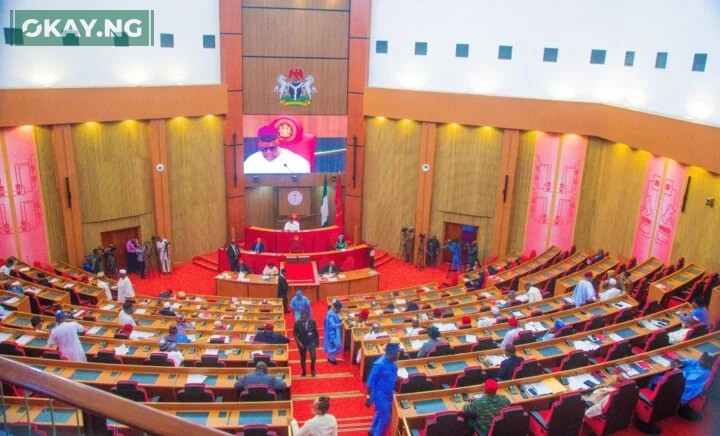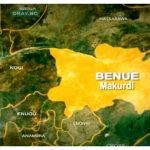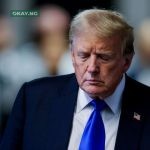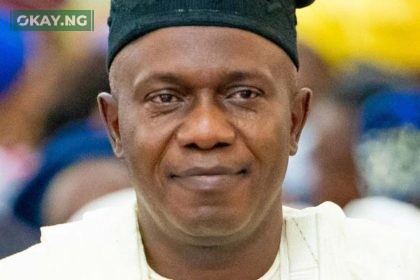The Senate is set to embark on a crucial two-day public hearing, commencing February 24th and 25th, on four landmark tax reform bills submitted by President Bola Tinubu. This move signals a potential turning point in the nation’s fiscal landscape, aiming to modernize tax administration and significantly boost revenue generation.
The announcement, made by Senator Sani Musa, Chairman of the Senate Committee on Finance, underscores the government’s commitment to overhauling the current system. “We intend to address two of the bills each day of the session to keep the press fully informed about our intentions,” Senator Musa stated, emphasizing the transparency of the process.
These proposed reforms, encompassing the Nigeria Tax Bill, 2024; Nigeria Tax Administration Bill; Nigeria Revenue Service Establishment Bill; and Joint Revenue Board Establishment Bill, have already navigated a robust debate in the House of Representatives, where they passed the second reading. Now, they face rigorous scrutiny in the Senate. Senator Musa believes these bills are transformative, potentially elevating Nigeria’s tax system to match those of advanced economies, thereby unlocking crucial funding for vital sectors like infrastructure, education, and agriculture. “These bills…will significantly overhaul the country’s tax administration and revenue generation, with many provisions being landmark in nature,” he asserted.
These proposed reforms, while ambitious, could be a game-changer if implemented effectively. The public hearing will convene key stakeholders, including the Minister of Finance, the Minister of Trade and Investment, the Attorney-General of the Federation, and the Chairman of the Federal Inland Revenue Service, amongst others. Their insights will be invaluable in shaping the final legislation. As Senator Musa explained, “It is our duty as legislators to do what is necessary for the good of this country…Our goal is to enact laws that will put us on track economically. By the grace of God, we will succeed.”
Read Also: Nigeria Set to Overhaul Tax System in July, Aiming to Boost Revenue and Stabilize Naira
However, the path to reform isn’t without its challenges. The bills have faced resistance, particularly from northern governors who have expressed concerns, labelling them “anti-North,”, especially regarding the contentious VAT sharing formula. This has introduced a North-South dimension to the debate, highlighting the complex political dynamics at play. Even the National Economic Council (NEC), comprising governors and chaired by the Vice President, has suggested a temporary withdrawal of the bills for further consultation. Despite these headwinds, President Tinubu has remained steadfast, insisting that all concerns be addressed within the legislative process. This underscores the importance of a robust and inclusive public hearing.
The implications of these reforms are far-reaching. A modernized tax system could unlock significant resources for national development, potentially improving infrastructure, education, and healthcare. But, as with any major policy shift, there are potential risks. It’s crucial that the government addresses concerns about fairness and equity, ensuring that the burden of taxation is distributed fairly across all segments of society. The public hearing provides a vital platform for these crucial conversations. Ultimately, the goal is to create a tax system that is both efficient and equitable, one that fuels economic growth while also protecting the interests of all Nigerians. The coming days will be critical in determining the future of Nigeria’s tax landscape.












